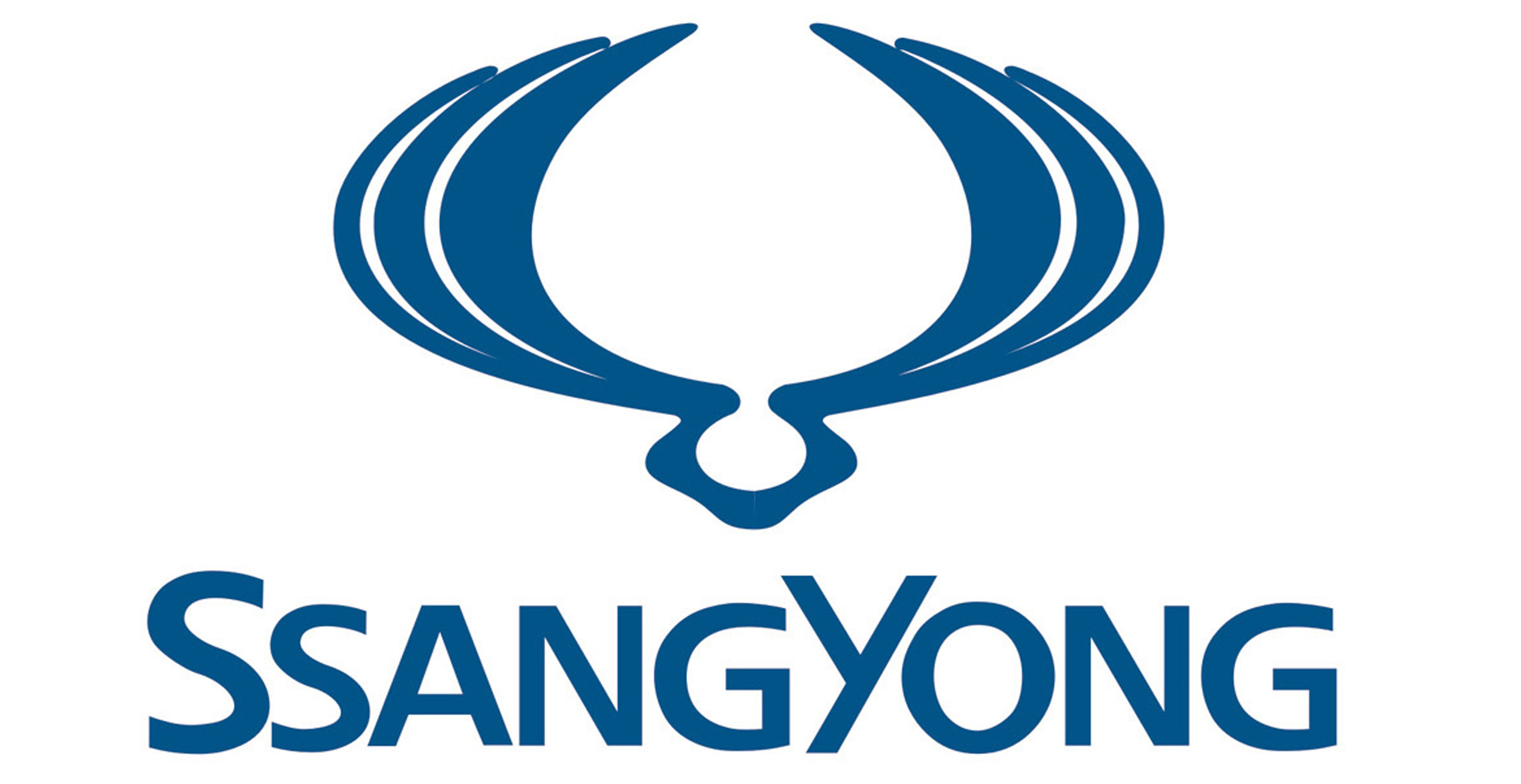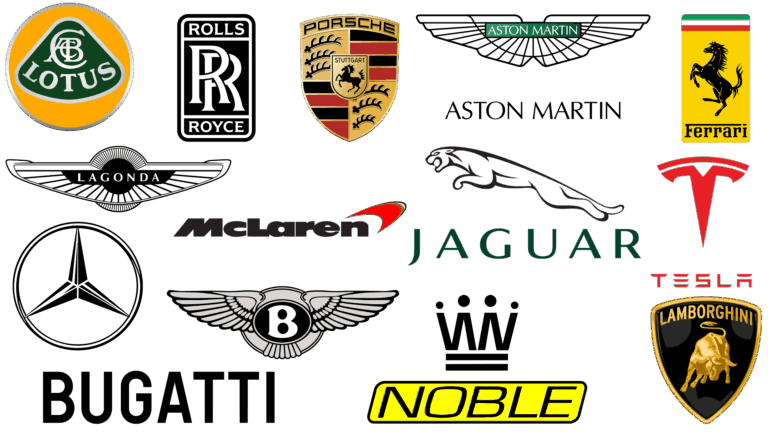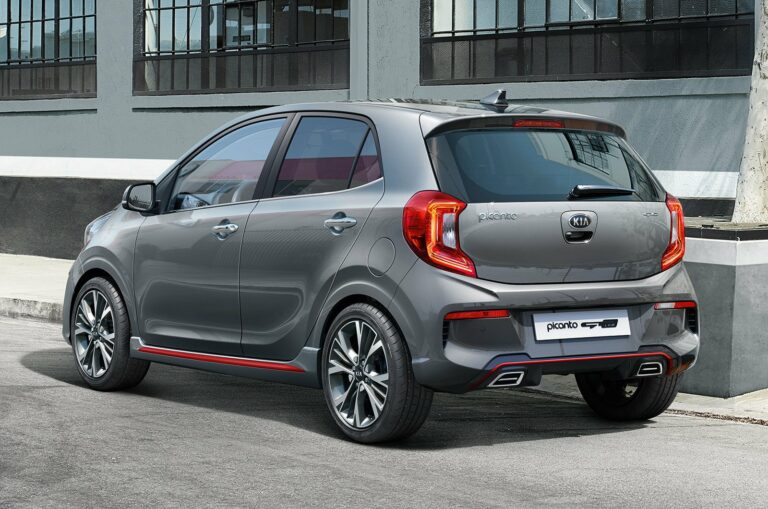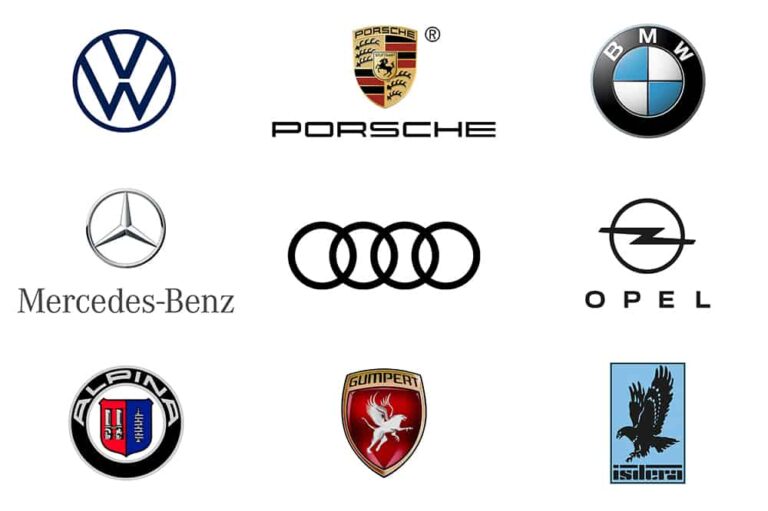Korean Luxury Car Brands
Korean Luxury Car Brands cars.truckstrend.com
In the highly competitive and often exclusive world of luxury automobiles, a new force has emerged from the East, challenging established European and Japanese titans: Korean luxury car brands. For decades, the global automotive landscape was dominated by marques synonymous with heritage, engineering prowess, and refined elegance. Yet, in a remarkably short span, South Korea’s automotive giants, primarily Hyundai Motor Group, have not only demonstrated their capability to produce world-class vehicles but have also successfully carved out a distinct niche in the premium segment. This article delves into the fascinating rise of Korean luxury car brands, exploring their unique philosophy, flagship models, technological advancements, and the compelling value proposition they offer to discerning buyers worldwide.
The Genesis of Korean Luxury
Korean Luxury Car Brands
The journey of Korean luxury is a story of ambition, rapid evolution, and a relentless pursuit of excellence. For a long time, Korean manufacturers like Hyundai and Kia were known for their reliable, value-for-money, and practical vehicles. While they occasionally dipped their toes into the premium waters with models like the Hyundai Dynasty or Kia Opirus (Amanti in some markets) in the 1990s and early 2000s, these were largely badge-engineered efforts that lacked a cohesive luxury identity.
The real turning point came in 2008 with the introduction of the Hyundai Genesis sedan. It was an audacious move: a large, rear-wheel-drive luxury sedan from a brand primarily associated with affordable compacts. Despite its Hyundai badge, the Genesis garnered critical acclaim for its sophisticated design, comfortable ride, and impressive list of features, all at a price point that significantly undercut its rivals. This car proved that Hyundai had the engineering chops to compete.
Building on this success, and recognizing the limitations of a mainstream badge in the luxury sphere, Hyundai Motor Group made a strategic decision in 2015 to spin off Genesis into a standalone luxury brand. This was a pivotal moment, signaling a serious commitment to the luxury segment, allowing Genesis to cultivate its own distinct identity, design language, and ownership experience, free from the constraints of its parent brand’s mainstream image.
Genesis: The Flagship of Korean Luxury
Genesis quickly established itself as the standard-bearer for Korean luxury, embodying a philosophy it calls "Athletic Elegance" – a blend of dynamic performance and sophisticated design. The brand emphasizes the "Korean Beauty" aesthetic, drawing inspiration from traditional Korean architecture and craftsmanship, translated into modern automotive forms.
Key Models and Design Philosophy
Genesis’s lineup has expanded rapidly, covering key segments of the luxury market with a consistent and striking design language characterized by its "Two Lines" motif (dual headlights and taillights) and a large, crest-shaped grille.
-
Sedans:
- G70: The compact sports sedan, aimed squarely at the BMW 3-Series and Mercedes-Benz C-Class. It’s lauded for its engaging driving dynamics, powerful engine options, and driver-focused interior, proving that Genesis can deliver excitement alongside luxury.
- G80: The mid-size luxury sedan, the spiritual successor to the original Hyundai Genesis. It showcases a refined blend of elegance, advanced technology, and a plush interior, offering a compelling alternative to the E-Class and 5-Series. The Electrified G80 variant demonstrates Genesis’s commitment to sustainable luxury.
- G90: The flagship full-size luxury sedan, a direct competitor to the S-Class and 7-Series. The G90 prioritizes ultimate comfort, a serene cabin, and a comprehensive suite of advanced features, particularly catering to rear-seat passengers, embodying a true limousine experience.
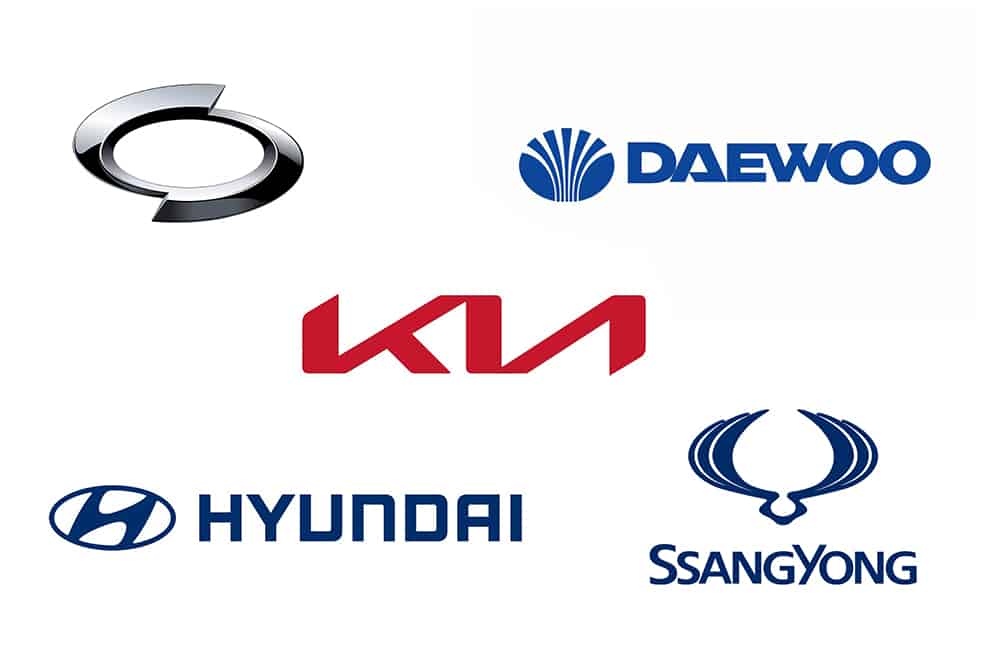
-
SUVs:
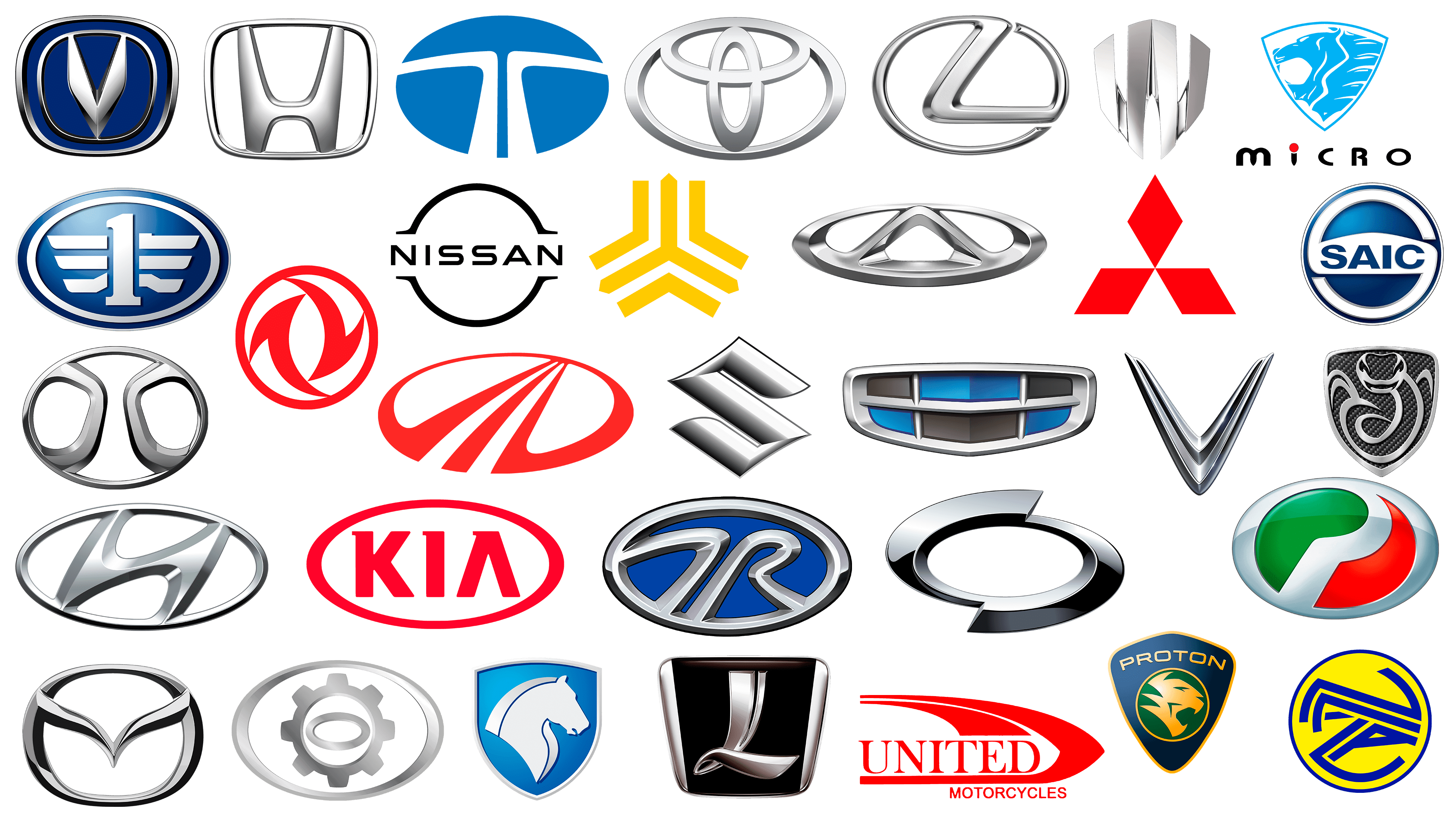
- GV70: The compact luxury SUV, quickly becoming a best-seller for the brand. Its bold styling, spirited performance, and luxurious interior have made it a strong contender against the X3, GLC, and Q5. An Electrified GV70 is also available.
- GV80: The mid-size luxury SUV, known for its commanding presence, opulent interior, and robust performance. It was a critical launch for the brand, establishing its credibility in the lucrative SUV market and appealing to buyers seeking a blend of luxury, utility, and distinctive design.
- GV60: Genesis’s first dedicated electric vehicle, built on the E-GMP platform shared with Hyundai Ioniq 5 and Kia EV6. The GV60 is a compact crossover with a unique, futuristic design, showcasing cutting-edge EV technology, rapid charging, and innovative features like facial recognition entry.
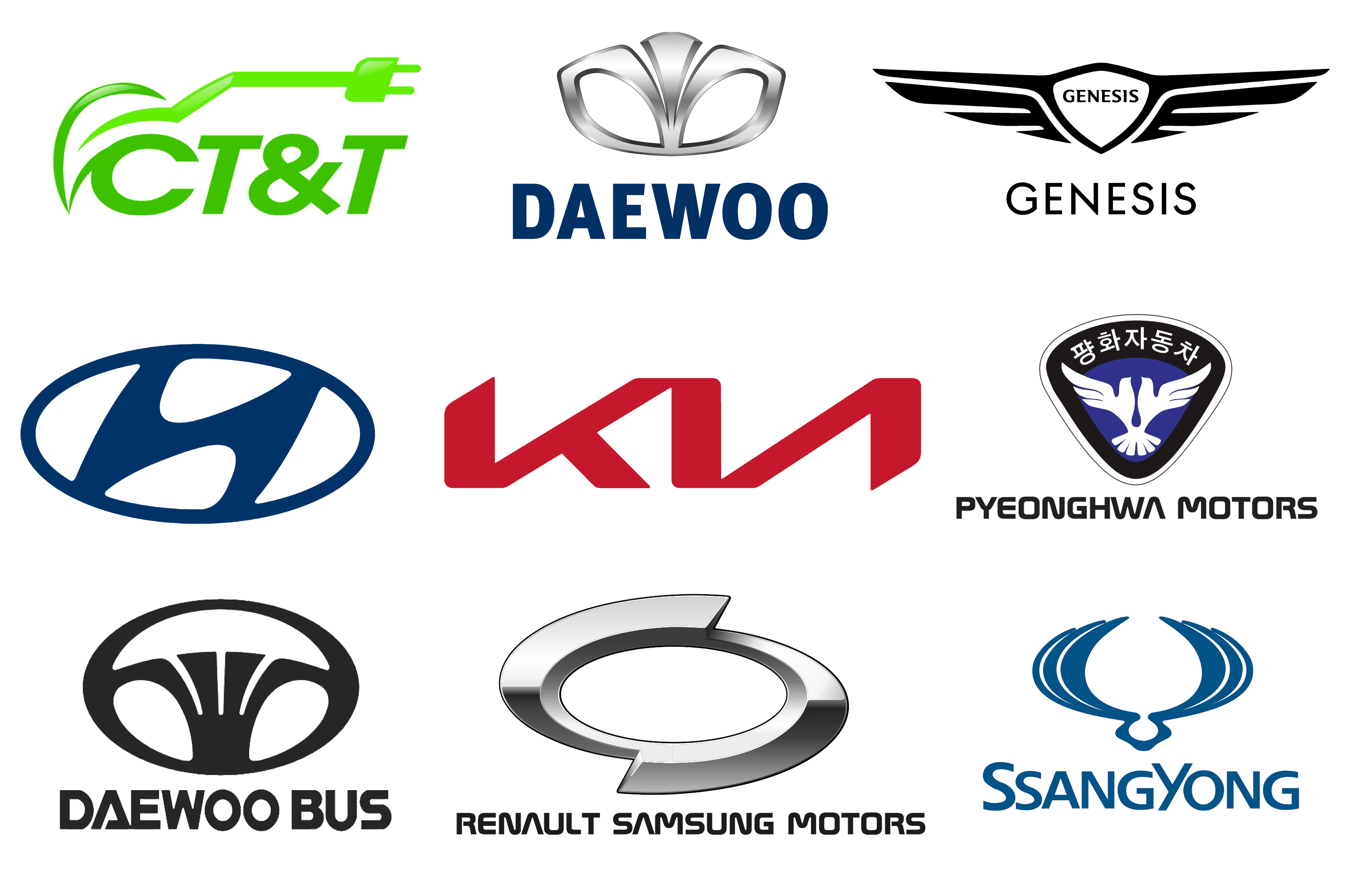
Technology and Innovation
Genesis vehicles are packed with cutting-edge technology. This includes advanced driver-assistance systems (ADAS) like Highway Driving Assist (HDA) which offers semi-autonomous driving capabilities, remote smart parking assist, and an array of safety features. Infotainment systems are intuitive, featuring large touchscreens, integrated navigation, and seamless smartphone connectivity. The brand is also heavily investing in electrification, with plans to offer an all-EV lineup by 2030, further cementing its future-forward vision.
The Genesis Ownership Experience
Beyond the vehicles themselves, Genesis aims to redefine the luxury ownership experience. This often includes concierge services for vehicle pickup and delivery for service, complimentary scheduled maintenance for a certain period, and a robust warranty program (often 5-year/60,000-mile basic and 10-year/100,000-mile powertrain in the US), providing peace of mind to owners.
Hyundai’s Premium Offerings and Kia’s Bold Steps
While Genesis is the dedicated luxury brand, Hyundai and Kia themselves have not shied away from offering highly premium and feature-rich vehicles that blur the lines with luxury.
-
Hyundai’s Premium Trims: Models like the Palisade Calligraphy and Santa Fe Calligraphy trims push the boundaries of what’s expected from a mainstream brand. These top-tier trims feature upscale materials, advanced technology, quiet cabins, and sophisticated design elements that rival entry-level luxury SUVs, offering exceptional value.
-
Kia’s Forays into Premium:
- Kia Stinger: Launched in 2017, the Stinger was a bold statement from Kia – a performance-oriented rear-wheel-drive sport sedan designed to challenge established German and Japanese performance cars. While not branded as "luxury," its design, driving dynamics, and premium interior pushed Kia’s image significantly upwards.
- Kia K900 (K9): Kia’s full-size luxury sedan, a sibling to the Genesis G90, was an earnest attempt to compete at the very top. Although it found limited success in markets like North America and was eventually discontinued there, it demonstrated Kia’s ambition and capability in engineering a high-end vehicle.
- Kia EV9: This groundbreaking three-row electric SUV represents Kia’s new frontier in premium. Its striking, futuristic design, spacious and versatile interior, and advanced EV technology position it as a serious contender in the growing luxury EV SUV segment, showcasing Kia’s ability to innovate and redefine its brand perception. The EV6 GT also pushes performance boundaries into a premium sports car realm.
Why Choose a Korean Luxury Car?
The rise of Korean luxury brands isn’t just about offering more choices; it’s about providing a compelling alternative with distinct advantages:
- Exceptional Value Proposition: Korean luxury cars often come with a significantly lower price tag than their direct European or Japanese competitors, while offering a comparable or even superior level of features, technology, and interior quality. This "more for less" philosophy is a major draw.
- Distinctive Design Language: Unlike some luxury brands that adhere to evolutionary designs, Korean luxury cars, particularly Genesis, boast a bold, unique, and often avant-garde design that stands out in a crowded market. They offer a fresh aesthetic that appeals to buyers looking for something different.
- Cutting-Edge Technology Integration: From advanced infotainment systems with large, crisp displays to sophisticated driver-assistance suites and seamless connectivity features, Korean luxury vehicles are at the forefront of automotive technology.
- Robust Reliability and Warranty: Leveraging Hyundai Motor Group’s reputation for quality and backed by some of the industry’s best warranties, Korean luxury cars offer peace of mind regarding long-term ownership and reliability.
- Competitive Performance and Driving Dynamics: Early perceptions of Korean cars being less engaging to drive have been shattered. Models like the Genesis G70 and GV70, and the Kia Stinger, offer genuinely sporty driving experiences, while larger sedans and SUVs provide a comfortable yet composed ride.
Challenges and Future Outlook
Despite their impressive ascent, Korean luxury brands face ongoing challenges:
- Brand Perception: Overcoming the deeply entrenched prestige and heritage of German luxury brands (Mercedes-Benz, BMW, Audi) and Japanese stalwarts (Lexus, Acura, Infiniti) remains a significant hurdle. Building brand loyalty and desirability takes time.
- Dealer Network and Service Experience: Establishing a dedicated, luxury-focused dealer network and ensuring a consistently premium service experience are crucial for sustained growth.
- Resale Value: While improving, resale values for Korean luxury cars are still catching up to their established rivals.
- Global Market Penetration: Expanding their footprint beyond key markets and tailoring products to diverse global preferences will be essential.
However, the future for Korean luxury looks bright. Their strong focus on electrification, autonomous driving technology, and continued investment in design and engineering positions them well for the next era of automotive luxury. The distinctive blend of bold design, advanced technology, compelling value, and a commitment to a refined ownership experience ensures that Korean luxury car brands will continue to challenge the status quo and reshape the global luxury automotive landscape.
Practical Advice for Buyers
Considering a Korean luxury car? Here’s some practical advice:
- Test Drive Thoroughly: Don’t just look at the specs; experience the driving dynamics, comfort, and technology firsthand.
- Compare Features and Pricing: Meticulously compare the standard features and optional packages with rivals. You might find significantly more content for your money.
- Research Ownership Experience: Inquire about the specific dealer services offered for Genesis or premium Kia/Hyundai models in your area.
- Consider Long-Term Costs: While purchase price is attractive, research insurance costs, maintenance schedules, and potential resale values.
- Read Reviews: Consult independent automotive reviews to get a balanced perspective on specific models.
Korean Luxury Car Brands: Approximate Starting MSRP Table
Please note: Prices are approximate starting MSRPs for the base model in the North American market and can vary significantly based on trim level, options, regional taxes, incentives, and market conditions. They are subject to change by the manufacturer.
| Brand | Model | Category | Starting MSRP (Approx.) | Key Features / Notes |
|---|---|---|---|---|
| Genesis | G70 | Compact Luxury Sedan | $41,000 – $48,000 | Sporty handling, bold design, available AWD. |
| G80 | Mid-size Luxury Sedan | $55,000 – $65,000 | Elegant design, advanced tech, plush interior. Also available as Electrified G80 EV. | |
| G90 | Full-size Luxury Sedan | $89,000 – $99,000 | Flagship model, ultimate comfort, advanced rear-seat features. | |
| GV60 | Compact Luxury EV SUV | $60,000 – $70,000 | Dedicated EV platform, unique design, facial recognition entry. | |
| GV70 | Compact Luxury SUV | $45,000 – $55,000 | Dynamic styling, engaging drive, premium interior. Also available as Electrified GV70 EV. | |
| GV80 | Mid-size Luxury SUV | $58,000 – $70,000 | Bold presence, opulent cabin, strong performance. | |
| Kia | Stinger | Sport Sedan (Premium) | $38,000 – $45,000 | Performance-oriented, fastback design, engaging driving. (Discontinued after 2024 MY) |
| K900 (K9) | Full-size Sedan (Premium) | $60,000 – $70,000 | Spacious, RWD platform, high-value luxury. (Discontinued in North America) | |
| EV9 | Large Electric SUV (Premium) | $55,000 – $75,000 | 3-row EV, striking design, innovative interior, tech-forward. | |
| Hyundai | Palisade Calligraphy | Large SUV (Premium Trim) | $50,000 – $55,000 | Top trim offers luxury amenities, spacious interior, strong value. |
| Santa Fe Calligraphy | Mid-size SUV (Premium Trim) | $45,000 – $50,000 | High-end features, refined interior, good value in its class. |
Frequently Asked Questions (FAQ)
Q1: Are Korean luxury cars as good as German ones?
A1: Korean luxury cars, particularly Genesis, are rapidly closing the gap with German luxury brands in terms of design, technology, performance, and interior quality. While German brands still hold an edge in long-standing prestige and some niche performance areas, Korean brands offer compelling alternatives, often with more standard features and better value.
Q2: Do Korean luxury cars hold their value?
A2: Resale values for Korean luxury cars have been steadily improving as their brand recognition and reputation grow. While they might not yet match the top-tier resale values of brands like Lexus or some German models, they offer strong value at purchase, offsetting some of the initial depreciation.
Q3: What’s the difference between Hyundai and Genesis?
A3: Genesis is Hyundai Motor Group’s dedicated luxury brand, much like Lexus is to Toyota or Acura is to Honda. While they share parent company resources and some underlying platforms, Genesis vehicles are designed, engineered, and marketed specifically as luxury products, with unique styling, higher-grade materials, advanced features, and a distinct ownership experience.
Q4: Are Kia cars considered luxury?
A4: Kia itself is not a dedicated luxury brand, but it offers several models that push into the premium segment with high-end features, sophisticated designs, and advanced technology. The Kia Stinger, K900, and especially the new EV9, demonstrate Kia’s capability to deliver vehicles that rival entry-level to mid-tier luxury offerings in terms of features and quality.
Q5: What kind of warranty do Korean luxury cars offer?
A5: Genesis, Hyundai, and Kia typically offer some of the industry’s best warranties. In the North American market, this often includes a 5-year/60,000-mile basic warranty and a 10-year/100,000-mile powertrain warranty, providing significant peace of mind to owners. Specific terms may vary by region and model.
Q6: Where are Korean luxury cars made?
A6: The majority of Korean luxury cars, including Genesis models and premium Kia/Hyundai vehicles, are primarily manufactured in South Korea. Some models or components may have global sourcing or assembly, but the core engineering and production remain rooted in South Korea.
Conclusion
The emergence of Korean luxury car brands marks a significant chapter in automotive history. What began as an ambitious venture has quickly evolved into a formidable force, challenging the long-established hierarchy of the global luxury market. With Genesis leading the charge, supported by premium offerings from Hyundai and Kia, these brands have proven that luxury is not solely defined by heritage, but by a relentless commitment to innovative design, cutting-edge technology, exceptional craftsmanship, and a compelling value proposition. As they continue to refine their identities and expand their electric vehicle lineups, Korean luxury cars are poised to capture an even larger share of the discerning automotive market, offering a fresh, bold, and highly competitive vision of modern luxury.
